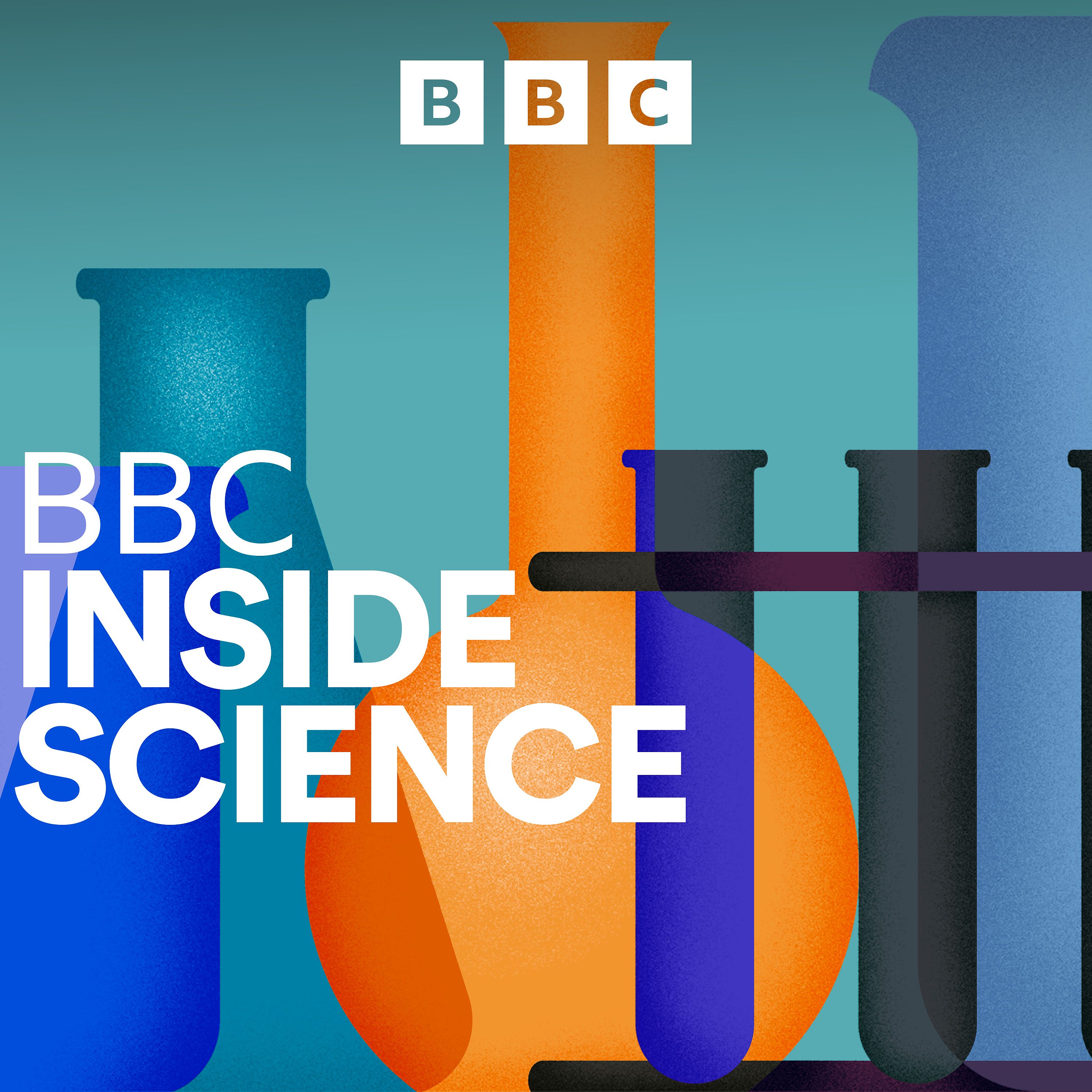

BBC Inside Science
BBC Radio 4
A weekly programme that illuminates the mysteries and challenges the controversies behind the science that's changing our world.
Episodes
Mentioned books

Dec 14, 2023 • 28min
Iceland Volcano
Scientists discuss potential huge volcanic activity in Iceland. Updates on the ongoing COVID-19 public inquiry. Author explores the race to defeat the deadly virus. Importance of public trust in science for vaccine development. Government's handling of the crisis and treatment of scientists.

Dec 7, 2023 • 31min
Loss and damages for vulnerable countries
Professor Saleemul Huq, director of the International Centre for Climate Change and Development, advocated for a loss and damages fund for vulnerable countries affected by climate change. The podcast also covers an unusual snail looking for a mate, glucose monitors' impact on the body, and Lev Parikian's book on the evolution of flight in animals.

Nov 30, 2023 • 28min
Metal Mines
Abandoned metal mines in the UK are polluting rivers. A book explores the history of basic inventions. How selective breeding can reduce emissions from cattle. The bizarre case of stolen bull semen. Surprising topics and a preview of the next episode.

16 snips
Nov 23, 2023 • 30min
Forever chemicals
This podcast explores the dangers of forever chemicals in drinking water and the need for stricter regulation. It also delves into the illegal trade of dinosaur bones and the revelation that the Moon is older than previously thought. Additionally, it discusses the biological secrets of animals that age differently and offers insights into longevity in the animal kingdom.

Nov 16, 2023 • 28min
White phosphorus
The podcast discusses the dangers of white phosphorus, including its violation of international law if used in civilian areas. It also explores the use of AI and scanning techniques to decipher ancient papyrus scrolls, the fight for women in science, and the re-establishment of beavers in the UK and their impact on wetlands and farming.

Nov 9, 2023 • 29min
Tumbling down the rabbit hole of assembly theory
Science writer Philip Ball and zoologist Professor Matthew Cobb discuss assembly theory, a framework for understanding the origins and complexity of life. They also explore the recent Osiris Rex mission to collect samples from asteroid Bennu and the importance of animal senses in understanding the world. The Perception Census project aims to document differences in human perception and consciousness.

Nov 2, 2023 • 39min
Life beyond Earth
Experts discuss the ongoing search for extraterrestrial life, including the exploration of Mars and icy moons of Jupiter and Saturn. They explore the molecules and biosignatures indicating signs of life and the significance of Ganymede's magnetic field. The podcast also dives into the methods used to find biosignatures, such as analyzing starlight spectra, and touches on music from space and microbiology experiments on the International Space Station.

Oct 26, 2023 • 28min
The state of nature in the UK
Conservation research manager, Nida al-Fulaij, discusses the decline in species due to climate change and habitat loss in the UK. Discover how innovative agricultural practices can boost wildlife in the fields. Also, learn about the Royal Society Trivedi Science Book Prize entries and the recent observation of antimatter behavior in gravity at CERN. Find out the details of NASA's successful mission to retrieve samples from the asteroid Bennu.

4 snips
Oct 19, 2023 • 35min
Why is Prime Minister Rishi Sunak rowing back on climate pledges?
UK Prime Minister Rishi Sunak faces criticism for rowing back on climate pledges. Archaeologists uncover expertly manufactured wooden structures that are half a million years old. A new book explores the significance of dust in our modern world. The podcast also delves into the need for regulation in the carbon market industry and the impact of human activities on coastal ecosystems.

Oct 12, 2023 • 31min
The halfway point for sustainable development
The halfway point for sustainable development is discussed with Saleemul Huq and Olive Heffernan. They highlight the challenges of achieving sustainable development goals amidst COVID-19 and the Ukraine-Russia war. The importance of protecting the high seas while achieving sustainable development is emphasized. Taking action and global collaboration are emphasized for sustainable development goals and climate change. The ethical implications of cloning and the controversies surrounding the creation of Dolly the Sheep are also discussed.


